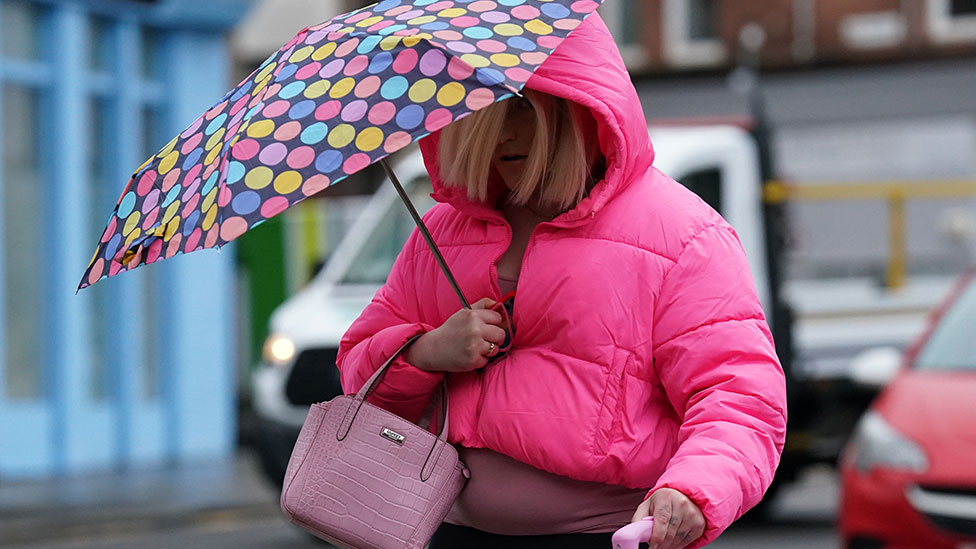LGBTQ+ advocates in Scotland are concerned about the safety of transgender people, following the case of Isla Bryson, who was initially remanded to a women’s prison, despite being a double rapist. Campaign groups have reported a rise in hostility towards trans people online and in the streets. Many are worried about the future of the Scottish government’s gender recognition bill, which would introduce a process of self-identification for people wanting to change legal gender. Opponents of the overhaul, which had cross-party support at Holyrood but was blocked last month by the UK government, argue that the Bryson case vindicates their concerns about the lack of safeguards in the bill. There is also a nervousness among LGBTQ+ activists about future support for the bill, which had cross-party support at Holyrood, aside from the Scottish Conservatives.
There is a growing concern within the LGBTQ+ community about the safety of transgender people in Scotland. The case of Isla Bryson, who was initially remanded to a women’s prison, despite being a double rapist, has created a hostile environment towards trans people online and in the streets. Campaign groups and individuals have reported that the political tone and relentless media coverage surrounding the case has contributed to a climate of escalating hostility towards trans people. There is also nervousness among LGBTQ+ activists about future support for the Scottish government’s gender recognition bill, which would introduce a process of self-identification for people wanting to change legal gender.
Opponents of the overhaul, which had cross-party support at Holyrood but was blocked last month by the UK government, argue that the Bryson case vindicates their concerns about the lack of safeguards in the bill. Members of Scotland’s LGBTQ+ community view this in the context of a broader backlash. Police investigating the killing of Brianna Ghey, a 16-year-old girl found with fatal stab wounds in a park near Warrington on Saturday, said they had not ruled out the possibility it was a transphobic hate crime. There are real-world consequences to the hostile public narrative that trans, non-binary, and gender non-conforming people are currently facing.

